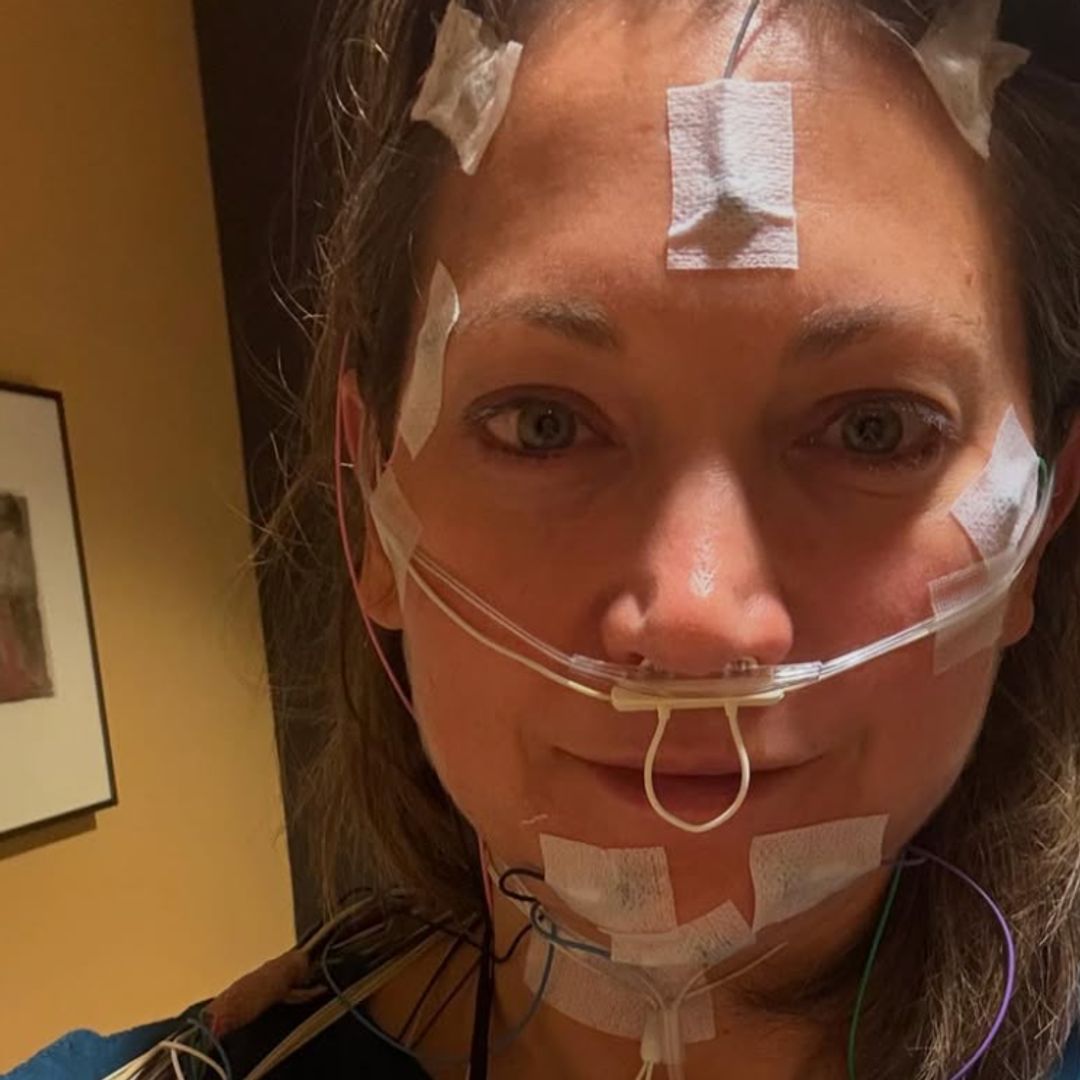Actress Neve Campbell and TV presenter Gail Porter have both spoken about experiencing sudden hair loss due to the autoimmune disease alopecia, while stars including Lady Gaga have revealed that constant colouring, bleaching and extensions are causing their locks to fall out. Once thought of as a solely male condition, hair loss is a growing problem among women and it’s estimated that a quarter of us will suffer at some point in our lives. On average, we all shed between 50 and 100 hairs every day. It is when this natural rate of loss speeds up significantly that it becomes noticeable, often with distressing results.
There are many things that can trigger female hair loss. Often, these are linked to an underlying hormonal cause such as: • Puberty • Polycystic ovary syndrome • Pregnancy and birth • Stopping taking the contraceptive pill • Menopause • Thyroid imbalance Hair loss can be a side effect of certain drug therapies such as chemotherapy. A nutritional deficiency, particularly in iron, can also be to blame, so women who are on strict diets, are vegan or experience heavy periods should have this checked out first. Another big culprit is alopecia, an often recurrent autoimmune disease in which the hair follicles become inflamed, causing the hairs to fall out. The underlying cause is unknown, but stress is thought to be the main trigger. Stress is also thought to be a factor in the number of women suffering from androgenic alopecia, which is not an autoimmune disorder but a condition in which female hair loss mimics that of male-pattern baldness. “Over the past ten years I have seen increasing numbers of women with hair loss due to unknown causes. I think it’s because more and more women are taking on increasingly powerful and stressful jobs, which leaves them vulnerable to androgenic alopecia,” explains trichologist Philip Kingsley. If you think you're suffering from hair loss:
• Visit your GP: Your doctor will determine whether there is an underlying medical cause such as a hormonal imbalance or nutritional deficiency. For certain types of hair loss, medications, lotions or other treatments can be prescribed
• Consult a Trichologist: Many hair loss treatments are only available at private clinics
• Try a lotion: The medication minoxidil has been found to promote hair growth in some women, but it has varying degrees of success. Minoxidil is available as Regaine for Women, £25 for a month’s supply, from chemists. It has to be used for up to a year to see an effect









